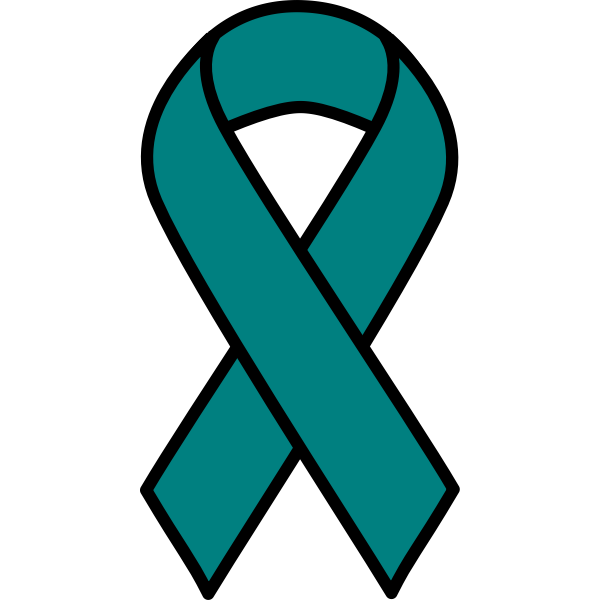Myles Williams
In 2009 Barack Obama was the first president to officially proclaim April as Sexual Assault Month. During the month of April, people across the United States raise awareness about sexual assault, how to prevent it and how to support those who are affected by it. Anyone can be susceptible to assault and laws in place, but there are also resources available to serve the community.
Title IX is a federal statute created in 1972 as an education amendment. This law was intended to protect students and other individuals from discrimination based on sex in education programs or activities that receive federal financial assistance.
Title IX protections extend to school programs and activities, such as admissions, access to courses, athletics, athletic facilities and athletic opportunities provided to students. An example of Title IX being in effect is when a school decides to renovate the boy’s locker room with a lot of improvements, but they forget to renovate the girl’s locker room. If both locker rooms aren’t renovated, it is discriminating against one gender. So, until the girls locker room gets the same renovations as the boy’s locker room, the boys won’t be allowed to use the new locker room at all.
In early 1976, two women made a movement called “Take Back the Night”. “Take Back the Night” was marches rallied by women in organized protest against rape and sexual assault. These marches would protest the violence and fear that women would encounter walking the streets at night by themselves.
As time passed on, the movement would spread across the world and become more known for larger marches with many people helping to spread awareness. Even in the present time people are still doing it. On April 13, UWG held its own “Take Back the Night March” inside the Campus Center main entrance and ending in the Campus Center Ball Room to help be a part of the solution of stopping all this sexual assault on college campus.
UWG has a confidential victim advocacy service that has multiple opportunities to help someone in need. This includes on call 24/7 crisis hotlines for victims of sexual assault, intimate partner violence or stalking. Some more services would be explanation of victim rights, options, and all services, accompaniment during interviews or exams as requested, exploration of safety concerns and personal safety, referral to the emergency shelter or PARC, temporary withdrawal from UWG classes and linkage with free counseling at the UWG Counseling center.
“The first person in charge who came on board was Jill Hendricks in 2003, then I was number two and came on board in 2008,” said Corey Hindman, the head of Advocacy Services at UWG.
“When someone has been sexually assaulted, we have a crisis line that I carry with me 24/7, so anyone who calls this number: 470-215-9946 will be in contact with me so that I can help them,” continued Hindman.
Hindman’s role of being an advocate has become a confidante to UWG students.
“My goal is to verify the persons safety and map out what resources are available for them and get their consent of what they would like to happen,” said Hindman.
You may also like
-
UWG’s Ingram Library Hosts Pop-Up Study Spot to Help Students Prepare for Finals Week
-
UWG Offers Mental Health Support And Academic Services To Maintain Student Success During Finals Week
-
UWG Alumnus Shares His Experience Exploring the Underground Flood Channels of Las Vegas
-
Georgia Students Simulate the Struggles of Dementia
-
UWG PR Students Score a Georgia Power Tour at Atlanta Corporate Office
